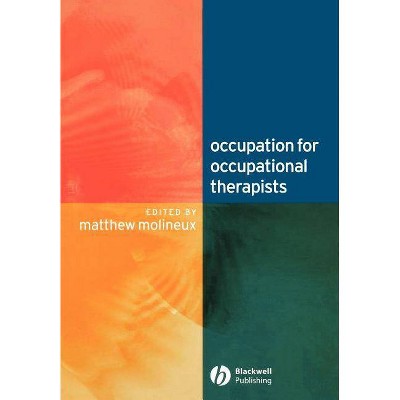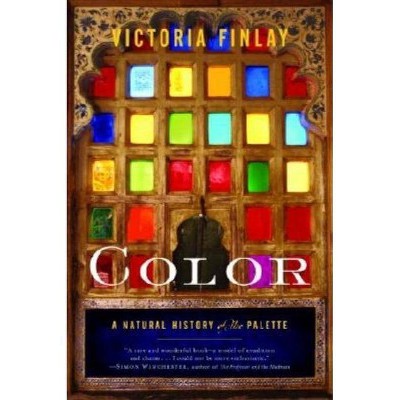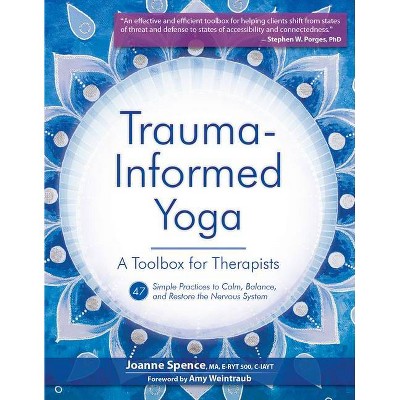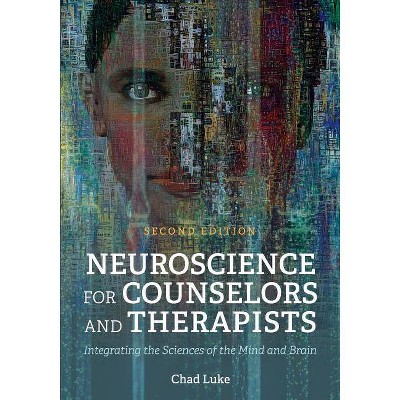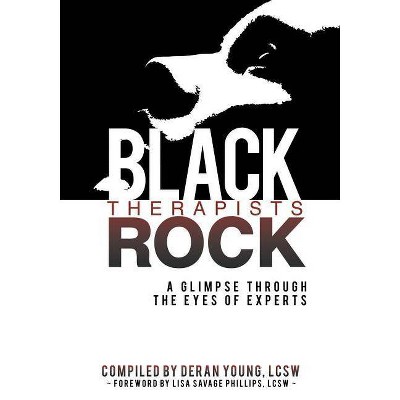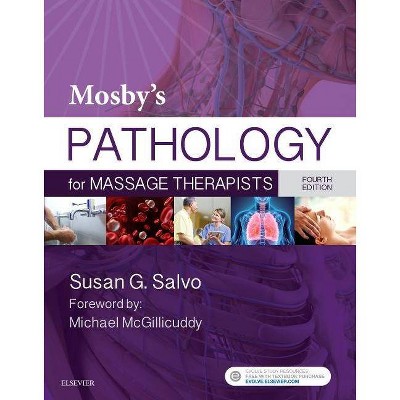Phenomenology for Therapists - by Finlay (Paperback)
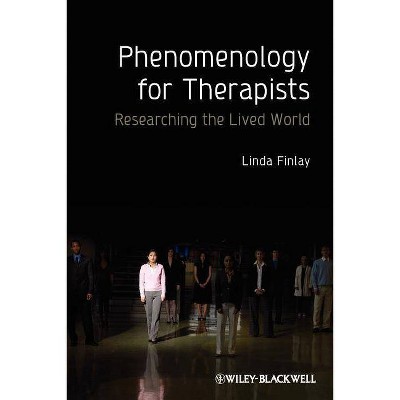
Similar Products
Products of same category from the store
AllProduct info
<p/><br></br><p><b> Book Synopsis </b></p></br></br>This book provides an accessible comprehensive exploration of phenomenological theory and research methods and is geared specifically to the needs of therapists and other health care professionals. <ul> <li>An accessible exploration of an increasingly popular qualitative research methodology</li> <li>Explains phenomenological concepts and how they are applied to different stages of the research process and to topics relevant to therapy practice</li> <li>Provides practical examples throughout</li> </ul><p/><br></br><p><b> From the Back Cover </b></p></br></br>Phenomenology has become increasingly popular with therapists seeking to build on the humanistic values that often underpin their work. This book provides an accessible exploration of phenomenology in practice and is geared explicitly to the needs of therapists. It is a practical guide that offers an overview of the theory and guidance on how to do research. Philosophical phenomenological concepts and methods are explained with an emphasis on how they can be applied at different stages of the research process and to topics relevant to therapy practice. <p>With practical examples throughout, the book allows therapists and allied health professionals to carry out meaningful research, enabling them to find answers to questions raised in their practice.</p><p/><br></br><p><b> Review Quotes </b></p></br></br><br>"As a dominantly clinical practitioner who nonetheless retains an active interest in research, and particularly phenomenological research, I found this book both useful and informative." (<i>The Indo-Pacific Journal of Phenomenology</i>, 1 May 2013) <p>"Phenomenology - when it is done well -discloses, transforms and inspires. That is why it excites me, why I am passionate about it . . . Fortunately, this does not need to stand in the way of readers making use of this otherwise excellent book in their own way and for their own practice-relevant research needs." (<i>Counselling Psychology Review</i>, 2 June 2012)</p> The many current research examples provide a useful and easy-to-read description of what is possible in phenomenological research. This book is a wonderful addition to qualitative methodology texts and I would recommend it as a standard text for anyone considering counselling/ psychotherapy research. (Therapy Today, 1 December 2011)<br><p/><br></br><p><b> About the Author </b></p></br></br><b>Linda Finlay</b> is a freelance Consultant offering training and mentorship on how to apply qualitative research in health care. In addition to her psychotherapy practice, she also teaches psychology and writes with the Open University. Her books include <i>Groupwork in Occupational Therapy</i> (1993), <i>The Practice of Psychosocial Occupational Therapy</i> (3rd edition, 2004), <i>Qualitative Research for Health Professionals: Challenging Choices</i> (ed. with C. Ballinger, Wiley Publishers, 2006), and <i>Relational-Centred Research for Psychotherapists</i> (with K. Evans, Wiley-Blackwell, 2009).
Price History
Price Archive shows prices from various stores, lets you see history and find the cheapest. There is no actual sale on the website. For all support, inquiry and suggestion messagescommunication@pricearchive.us
